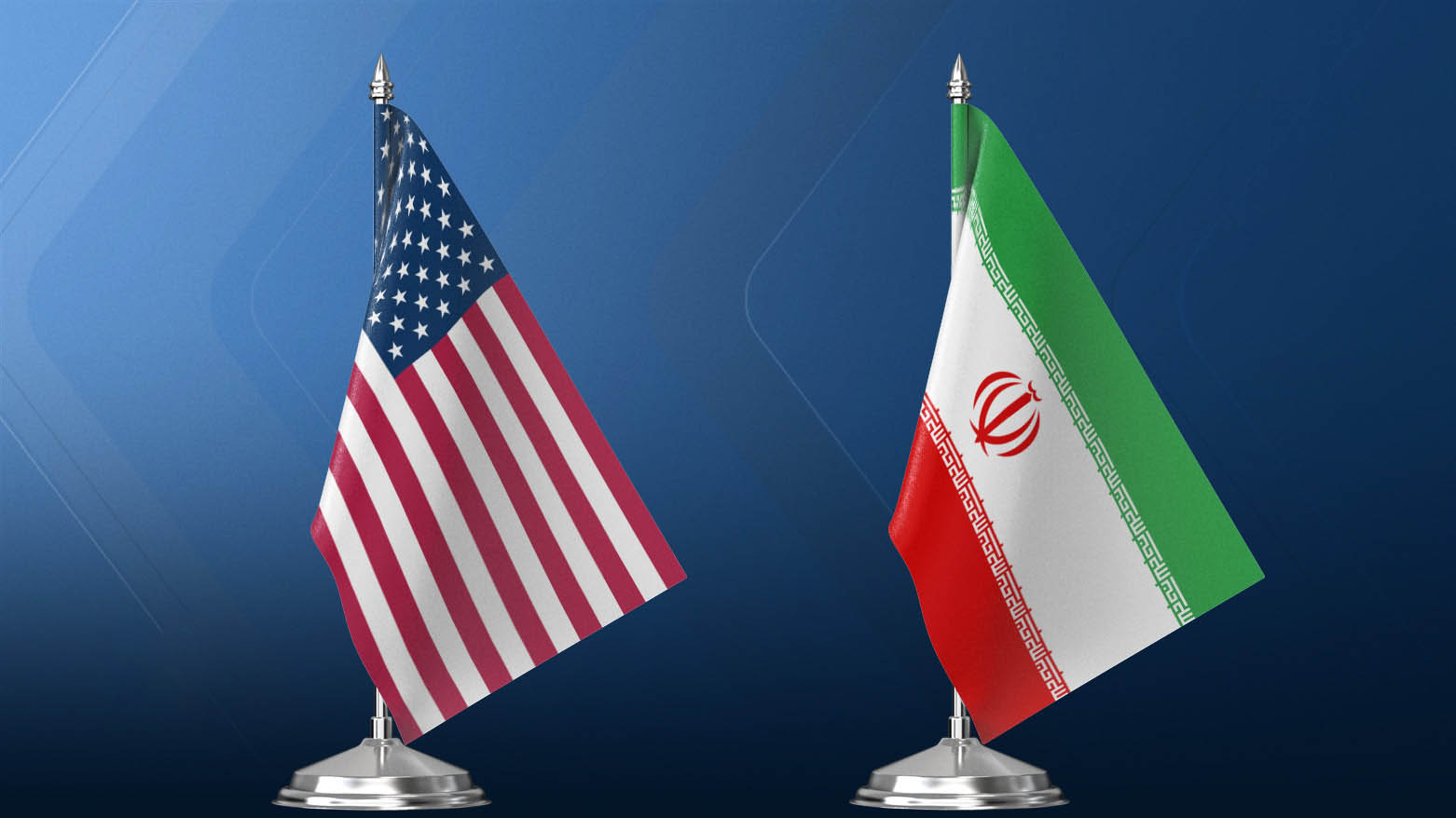U.S. Reaffirms Optimism about Nuclear Deal with Iran, as Questions Remain
The key issue involves uranium enrichment. Iran maintains that it has that right, while the U.S. worries that permitting any enrichment would allow for cheating.

WASHINGTON DC, United States (Kurdistan 24) - State Department Spokesperson Tammy Bruce, echoing President Donald Trump, expressed optimism about the ongoing nuclear talks between the U.S. and Iran which are being mediated by Oman.
Asked at a press briefing on Tuesday about the status of those talks, Bruce replied that two U.S. officials—Senior Advisor and Special Envoy Steve Witkoff and the State Department’s Policy Planning Director Michael Anton—had “participated in a fifth round of talks with Iran on Friday, May 23rd, in Rome.”
“The discussions were both direct and indirect, and lasted over two hours,” she said, as she affirmed, “The talks continue to be constructive.”
She described them as an improvement over earlier discussions, affirming, “We made further progress.”
“Both sides have agreed to meet again in the near future,” Bruce added, “and we are grateful to, once again, our Omani partners for their continued facilitation of the process.”
Bruce’s remarks reflected the positive perspective, articulated by Trump on Sunday, when he said, “We had some very good talks with Iran” on Friday, and “I think we could have some good news on the Iran front.”
But none has really emerged, and a New York Times report, published today, citing unnamed sources “familiar with the negotiations,” provided a less optimistic view.
“At best there would be a declaration of some common principles,” it said. “The details under discussion remain closely held and would likely only set the stage for further negotiations.”
Key Issue: Uranium Enrichment
It was President Barack Obama who concluded the original nuclear deal with Iran—the 2015 Joint Comprehensive Plan of Action (JCPOA.)
The signatories to the JCPOA included numerous parties: China, France, Germany, Russia, and the U.K., in addition to the U.S. and Iran.
As a senator before he became president, Obama had opposed the 2003 U.S.-led war in Iraq that ousted Saddam Hussein and his regime. Obama thought that the George W. Bush administration, which launched that war in the wake of the 9/11 attacks, had concocted the rationale for the conflict, and Obama feared that some future, similarly hot-headed Republican administration might do the same with Iran.
So Obama sought to eliminate that possibility, by eliminating Iran’s nuclear program. But his eagerness to secure such a deal led the U.S. to allow a big loophole in the JCPOA. It allowed for limited Iranian enrichment of uranium—the key element in a nuclear bomb—ostemsibly for a civilian program.
But once even limited enrichment was allowed, critics complained, there was no reliable way to ensure that Iran was not cheating, enriching more uranium, to a higher level of purity than the JCPOA allowed. Moreover, the JCPOA was time-bound. It expired in 2030.
Those issues were the basis of Trump’s criticism of the JCPOA in his first term and why, in 2018, he pulled the U.S. out of the agreement and reimposed sanctions on Iran.
Moreover, in his second term, Trump added yet more conditions for reaching an understanding with Iran, above all that it cease its support for proxy forces in the region.
Read More: ‘Trump Was Clear: No Enrichment, No Missiles, No Proxies’: Eliot Abrams
However, it now appears that the Trump administration has dropped its demand that Iran cease its support for regional proxy forces, and the key question involves uranium enrichment.
Iran has held a consistent position that it is entitled to enrich uranium and that the U.S. cannot deny it that right. And that was, indeed, the major issue dividing the two parties in Friday’s talks.
Following the talks, on Tuesday, Iran’s Foreign Minister, Abbas Araghchi, repeated that position in a social media post, warning that if the U.S. insisted on “‘zero enrichment’ in Iran,” then “there is nothing left for us to discuss on the nuclear issue.”
“Creative options” are being explored, according to The New York Times report. They include the possibility of a “regional joint venture to produce fuel for nuclear power reactors” that would include the U.S., as well as “Iran, Saudi Arabia and other Arab powers.”
However, for now, it appears that merely a declaration of common principles would be judged to constitute progress.